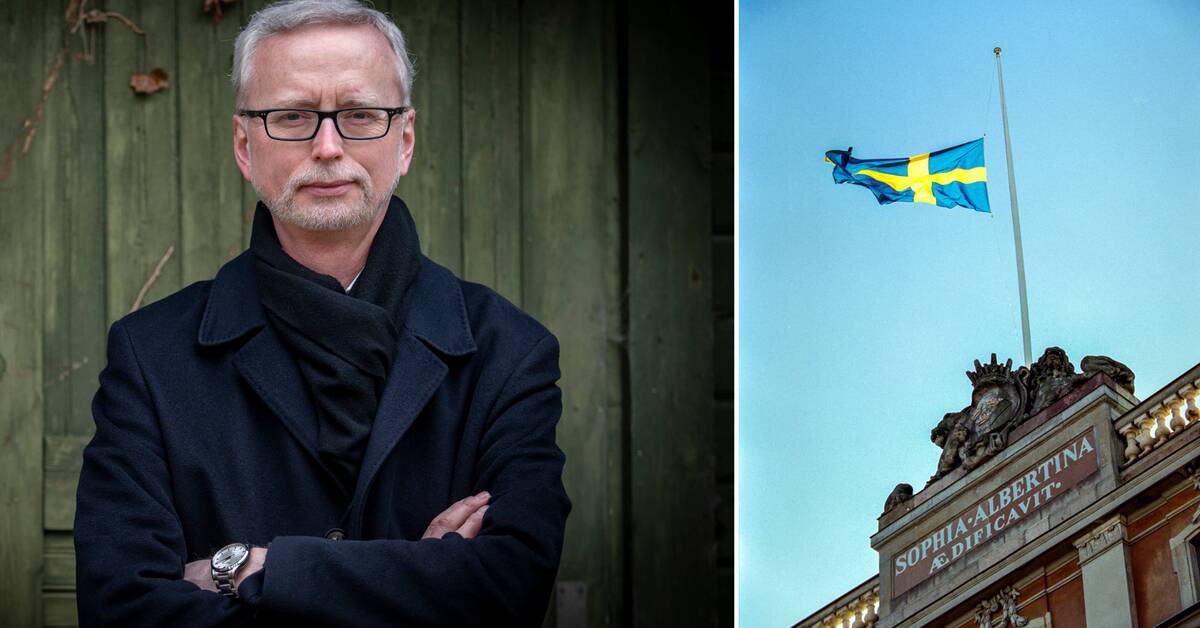Sweden lacks a legal framework for this and has not even had any official national mourning - not after the death of Per Albin Hanson, Olof Palme or Anna Lind.
Nor after the tsunami disaster, which took the lives of 543 Swedes in 2004, or the Estonia disaster in 1994 with over 852 dead.
According to Dick Harrison, this is partly due to the fact that Sweden had peace for over 200 years.
Without war and other historical traumas, the need has simply not arisen in the same way as in other countries, he believes.
- Then you don't get this kind of nationalist gathering of power, says Dick Harrison.
Sweden stands out
Sweden is unique in this context.
Internationally, official national mourning is more or less a tradition, and not just when the head of state dies.
For example, Spain declared three days of national mourning after the bombing of a crowded train in Madrid in 2004, with over 190 dead.
There were also three days of national mourning in Kenya after the massacre of 148 people in the capital, Nairobi.
In Argentina, the government announced three days of national mourning in connection with the death of soccer legend Diego Maradona.
Portugal also declared three days of national mourning in connection with the serious forest fire in June 2017, to name a few examples.
A thing to mourn privately
Dick Harrison thinks it's good that Sweden doesn't have national mourning.
- It is one thing if you privately express sadness when a king dies or a prime minister is shot.
But national mourning in the official sense... It is a foreign concept in our society.
- Great Britain has had a more traumatic monarchical history and war, he continues.
- Our societies, which are usually perceived as equal, have enormous differences.
National mourning after the queen's death is not perceived as controversial there.
But in Sweden, the same combination of sadness and royalist frenzy would be hard to imagine, says Dick Harrisson

